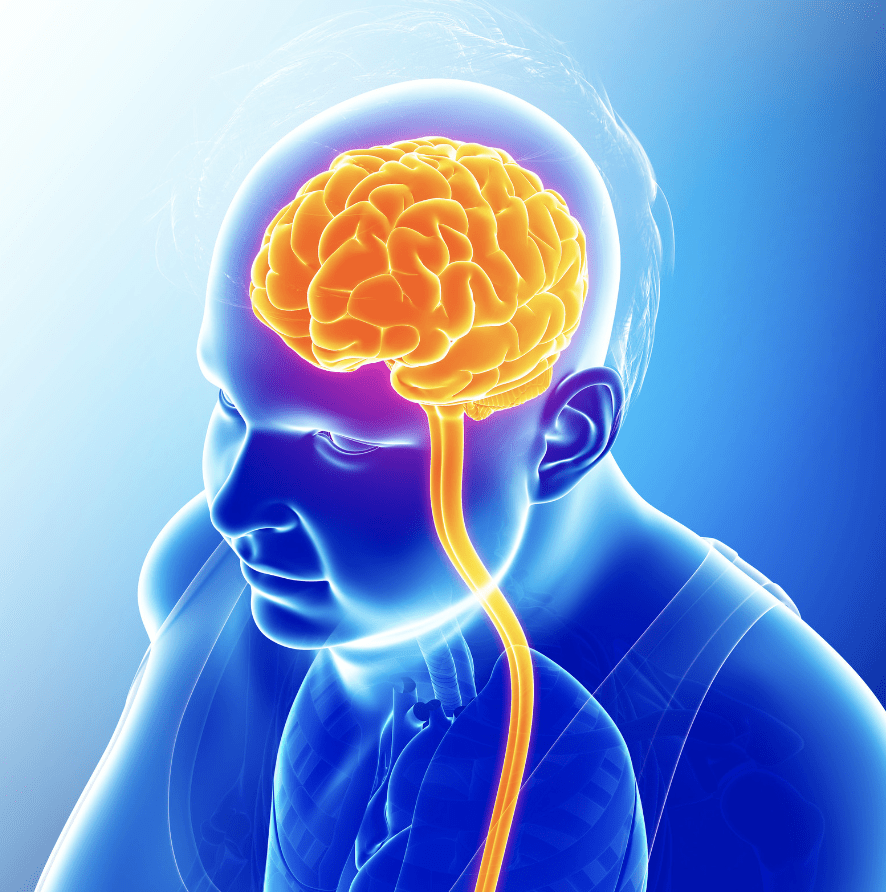Although the physical manifestations of obesity are obvious, the mental and emotional struggles are frequently overlooked. These challenges are a combination of societal influences, internal pressures, and biologically driven responses to stress and trauma. For many people, food provides comfort during difficult times, and this complex relationship between food and emotions lays the foundation for emotional eating habits.
It’s important to note that while obesity can lead to mental health disorders, the reverse is also true. The onset of depression, anxiety, or severe stress can cause changes in appetite and activity levels. For example, a person struggling with depression may find solace in overeating, while another may lose their appetite entirely. Furthermore, certain medications prescribed for mental health disorders, such as antidepressants and antipsychotics, may have a potential side effect of weight gain. As a result, individuals undergoing treatment for mental health ailments may suddenly find themselves battling obesity. The cyclical nature of this relationship is striking: mental health challenges can trigger obesity, which in turn can further worsen mental health.
Societal standards and the constant portrayal of the “ideal” body type can deeply affect an individual’s self-perception. The media’s portrayal of slim bodies as the epitome of beauty and success inadvertently adds to the struggles of those already dealing with obesity, leading to low self-esteem and further complicating their emotional landscape.
Biology also plays a pivotal role in the obesity-mental health conundrum. Chronic stress triggers the release of the hormone cortisol, which stimulates appetite. When stress is continuous, as is the case with persistent anxiety or long-term depression, the body’s metabolic rate slows down. This combination of heightened appetite and reduced metabolic rate creates a conducive environment for weight gain.
To address obesity comprehensively, a holistic approach is necessary. Focusing solely on the physical aspect, such as through diet plans or exercise regimens, only addresses half the challenge. The other half involves understanding and supporting an individual’s mental health.
At Caliper Wellness, we recognize this need for a comprehensive approach. Our programs are not just about achieving a certain number on the scale; they aim to promote holistic well-being. We believe that to truly assist someone on their health journey, it’s essential to offer a safe space without judgment where individuals can explore and address the deeper psychological issues that might be driving their physical health challenges.
In conclusion, obesity is a complex issue that requires empathy, patience, and a deep understanding of the multiple factors influencing it. The profound link between obesity and mental health necessitates a multi-pronged approach, which Caliper Wellness is committed to providing. By recognizing the deep-seated psychological ramifications of obesity, we can hope to address this challenge more effectively and compassionately, ensuring holistic health and well-being for all.



